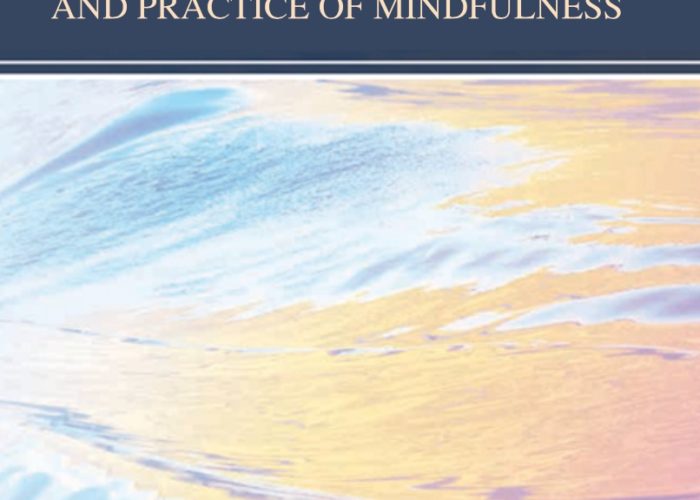There is a new medical standard of care for the treatment of chronic pain, according to the National Institutes of Health, the Department of Veteran’s Affairs (VA), the Mayo Clinic and the Centers for Disease Control and Prevention. According to an Opioid Safety Initiative launched by the VA, and similar statements by other agencies, mind-body practices such as meditation, yoga and acupuncture should be prescribed for chronic pain before prescription medications such as opiates. Enough research now exists showing the benefits of mindfulness practices for the treatment of pain that the benefits of these practices outweigh the risks of using opiates and related prescription drugs. We are seeing tragic side-effects due to the addictive nature of opiate medications, with dramatically increasing rates of death due to overdose in recent years. Furthermore, studies have shown that prescription drugs do little to nothing to help heal pain, rather they mask it briefly, until the effects wear off. Non-steroidal anti-inflammatory drugs have been shown to delay healing of joint pain, or block healing altogether. Alternatively, studies show that mind-body practices can relieve pain, and in some cases may even result in lasting relief. How can this be?
In the 1980s and 1990s, I was doing research on opiates and other psychoactive medications that are used to treat pain. I was often struck by the results of this research showing how powerful the placebo effect was for pain medications. Some researchers at that time were finding that the placebo effect for pain relief was over 90% effective. What does this mean? It meant that when a person took an empty pill, but they believed they were taking a real drug, 90% of the time, they recovered from their pain. Furthermore, the time-course of action was similar for the placebo as it was for the real drug. When a person was told it took 20 minutes for the drug to take effect, the placebo started to work in 20 minutes. If the drug effect lasted for 4 hours, the placebo effect lasted for 4 hours. Even some of the the side effects such as drowsiness happened with the placebo. Whatever the patient believed is what would happen – 90% of the time for pain relievers. That struck me as an extraordinarily powerful effect.
When developing medicinal drugs, we were usually happy to get an effect of anything significantly greater than 50%. Placebo effects for anti-depressants are only about 65% effective, about the same effectiveness as anti-depressant drugs. Placebo knee surgery is about 45% effective, again equal to the effect of real knee surgery. So 90% relief from placebo treatment of pain stood out in my mind.
It struck me at that time that the power of belief, the power of the mind to heal the body, was an extraordinary tool. And that in all of the research that we were doing in those days, we were not interested in the mechanisms of the mind, but rather considered it a nuisance factor that we had to work around in order to try to find drugs that were more effective than what we could do with our own brain. Remember, psychoactive drugs are only able to have an effect on us because there is a system in our body that is already doing what the drug would do. The drug just acts on that pre-existing system. Mindfulness practices such as meditation are a way to activate that system naturally.
Given the relatively large effect of placebos for the treatment of pain, it does not surprise me that the first place we see a change in our medical standard of care incorporating mindfulness practices is in the treatment of pain, where the mind is so incredibly powerful and effective. However, I do also believe that we will continue to see the use of mind-body practices begin to be prescribed for other conditions as well. Research is heading us in that direction.
Today, we see that there has been a change of course both in research and in the medical standard of care. Though drugs are still available and may be used in special circumstances (such as treating terminal illnesses) our country’s medical leaders have recognized that there might be something better. Researchers are now exploring how the mind can heal the body, and what people are doing that is so powerfully effective – the so-called “active ingredients” of the practice. It is all well and good to be told that you may be able to do something to heal yourself, however we need the motivation, the tools, and the knowledge of how to heal ourselves to empower us in this skill. When a patient is given a placebo, they are deceived to make them believe it is a drug. When a patient is told to meditate and do yoga, there is no deceit. The belief is found organically. In my next article I will discuss the physical foundations for how the mind heals the body. With that understanding in mind, we will explore the “active ingredients” of the practices for relieving and healing pain. I will share simple steps that you can take to activate the healing potential of your mind.




